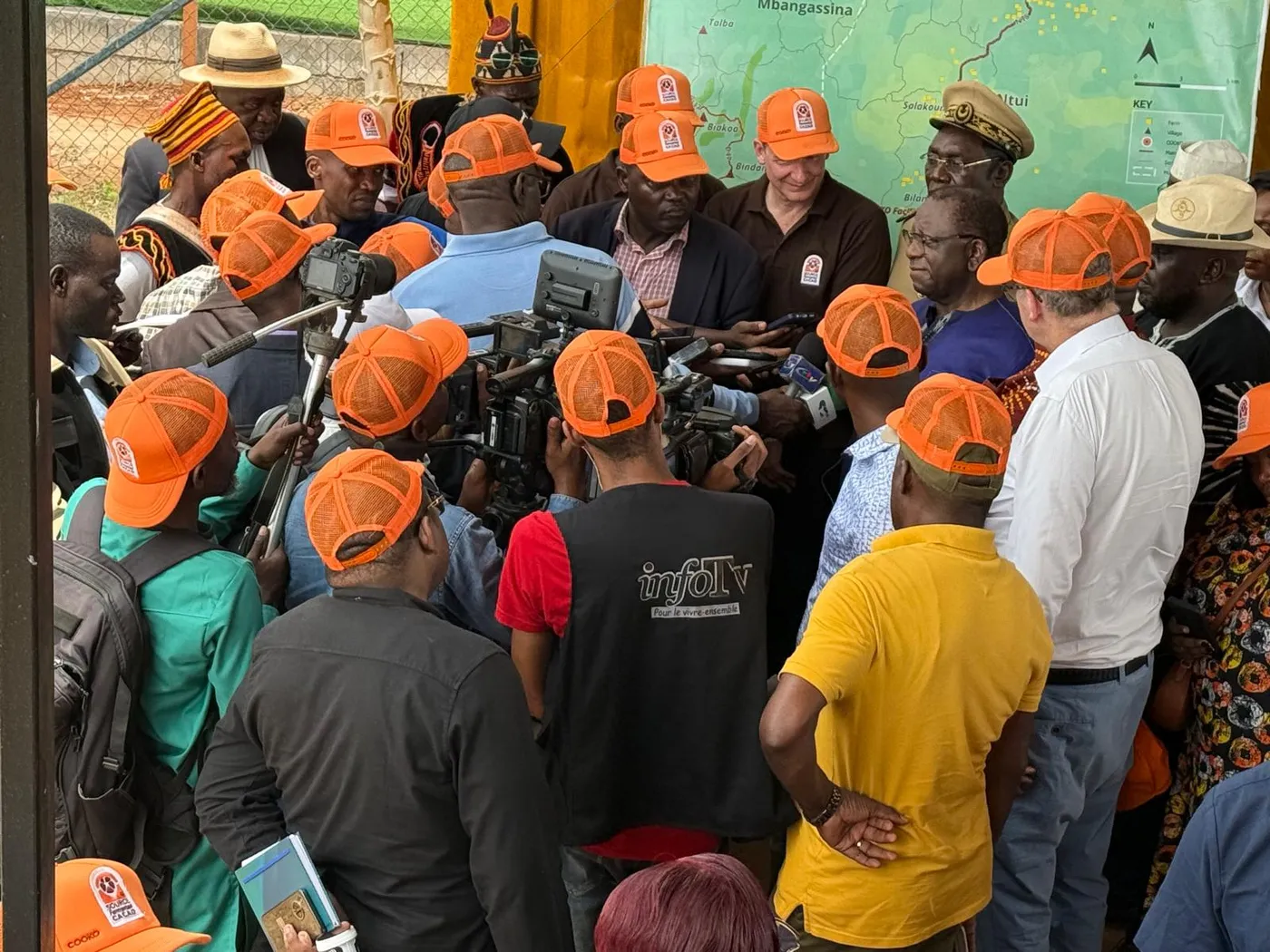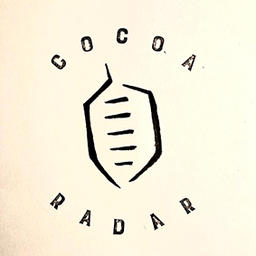Speaking to local media after a visit to Cooko’s facility in Ntui, Luc Magloire Mbarga Atangana, the minister of trade, called for a national standardization of Cameroonian cocoa to position the country as a key player in the global market.
"What we have seen here is a zero-defect centre with excellent cocoa. We now need to duplicate this model in all production areas," he said.
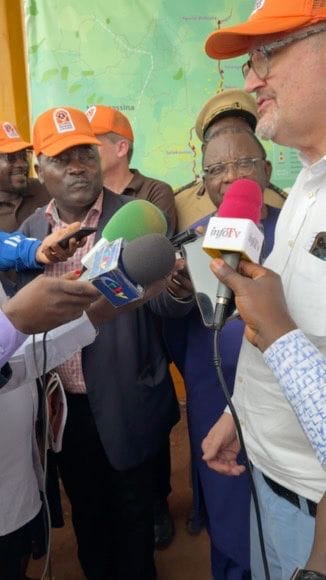
His words were echoed by Michel Arrion, Executive Director of the International Cocoa Organization (ICCO), who also visited the centre in April. "What I've seen today post-harvest fermentation and drying of such magnitude is really impressive. I've never seen that in Africa … and I think it shows the way to follow in Cameroon to increase the country's profile overall," he told the Cameroon Eco Business newspaper.
Since 2021, Cooko has developed its patented Source-Fermented process, ‘First Mile,’ a post-harvest innovative model for cocoa processing in Cameroon that eliminates waste through better efficiency.
Ferdi van Heerden, Cooko CEO, explained that his company's model is based on a GPS geolocation system for farms, guaranteeing the traceability required by international markets. "This system not only registers plots but also certifies the origin of the cocoa."
First-mile traceability task force
Speaking to cocoaradar.com, van Heerden said: “Because Cameroon's a liberalized market, you have much more leeway to experiment. So early in 2021, we basically investigated this whole kind of first-mile traceability, which is called the first-mile traceability task force.
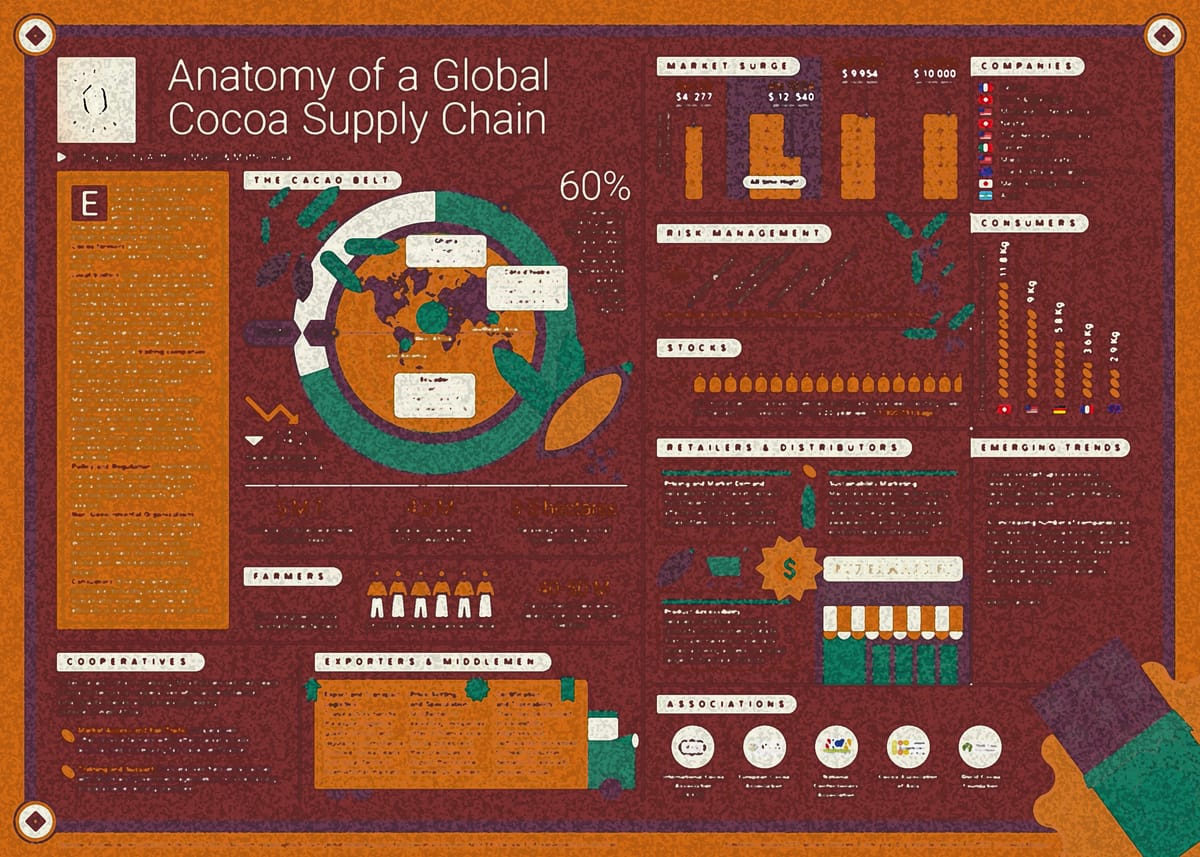
“What that essentially does is it gave us permission to test out some parameters around cocoa sourcing because we're doing quite a few things that ordinarily would not be permissible under usual laws - for instance, the transportation of wet cocoa - so that we can prove a case around post-harvest fermentation.
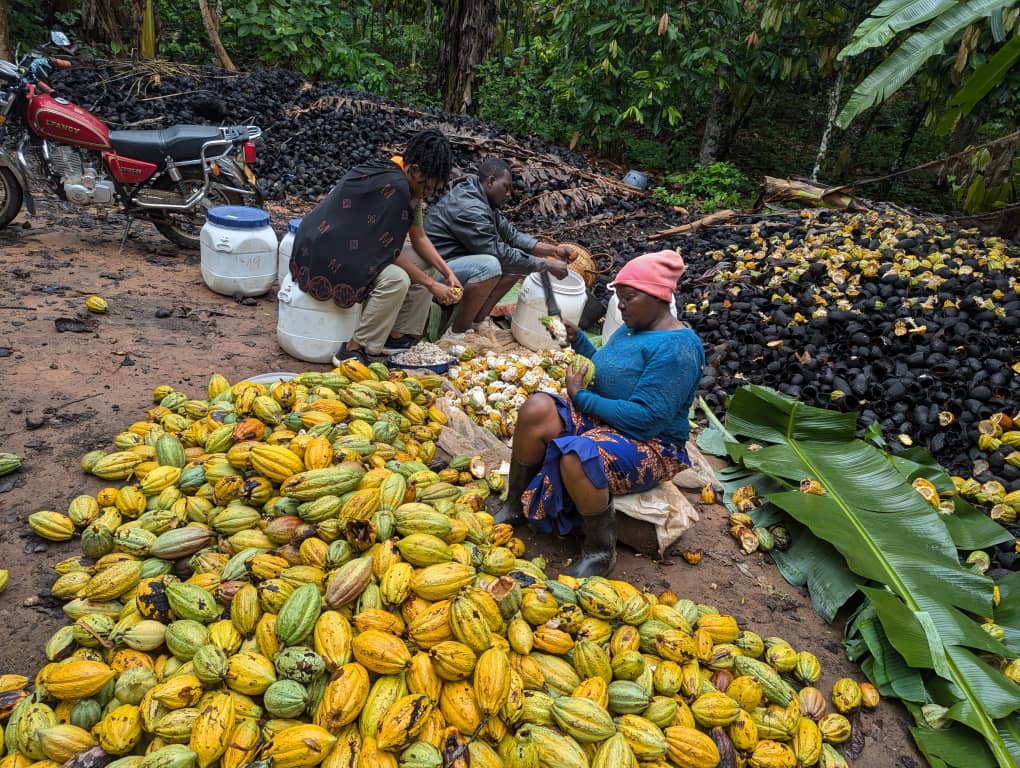
Van Heerden explained that the cocoa arrives from the tree directly at Cooko’s facility, and “from there, it can be exported directly. So, in our mind, this is the shortest cocoa value chain in the world.”
EUDR
Cocoa from Cooko is also EUDR compliant. “We need to know where the farms are. We need to know who's filing it, etc. So, our system is collecting all of this data. We're not adding any work to be a traceability system. It's a natural byproduct of doing business properly.
“We're actually collecting the raw data at the point of pod breaking. So we are bringing the ability to validate high-quality data on volumes to the pod-breaking stage, which is way ahead of what anybody else is able to do,” he claimed.
Van Heerden confirmed to this publication that Cooko is already in the process of working with a facility near Douala and has had meetings with Fire Mountain Chocolate to implement its methodology and processes in its value chain. This local ethical brand sources cocoa from the volcanic soil of Mount Cameroon.
Lead contamination in cocoa
Still, certain soil types in cocoa-growing regions can lead to traces of certain heavy metals in chocolate.
“We received independently verified results on the lead contamination of our cocoa, and our cocoa beans have one-tenth of the lead contamination that some chocolate bars have in the final product,” van Heerden said.
“So, I want to give you an indication that there is an insane reduction in lead contamination. We're also changing the game regarding some of the really hard-to-solve contamination issues in cocoa quality, and we now have the receipts to show for that.”
Cooko aims to produce cocoa for 10 months of the year and is looking to ramp up production to 300 tons a year after receiving a recent fresh round of funding. It currently has a capacity of 15 tons a month and pays its farmers the full market price for their beans.
- For more on Cooko’s operations in Cameroon, visit: cooko.co
- 'From Our Desk. To Yours. Daily.'
- Sign-up here for free and upgrade to an annual plan with a 25% discount

